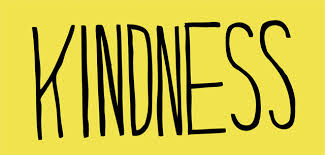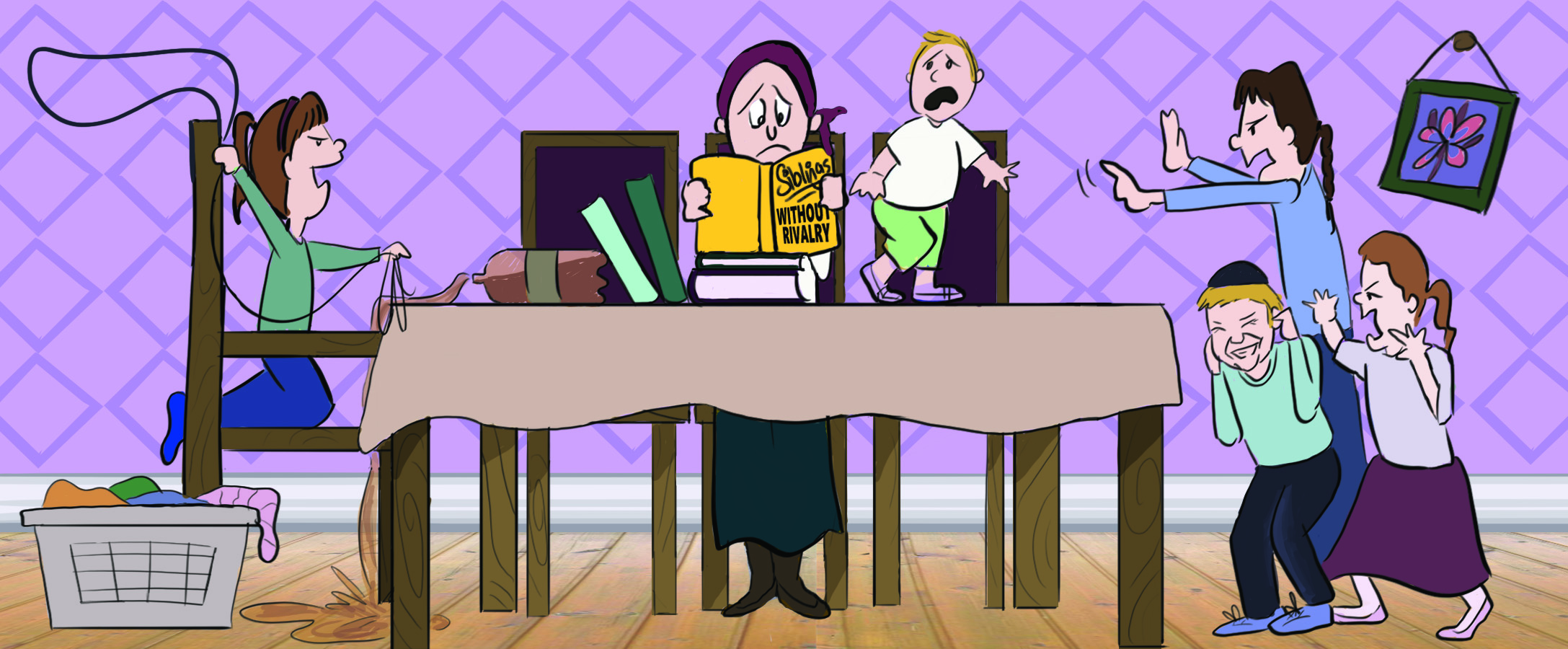The Shul That Nourished My Soul

This past Sukkos, our family had a rare opportunity to spend Sukkos together in Yerushalayim. Our sons Akiva and Meir are learning there in beis medrash, and our son Dovid and his wife Arielle, in their shana rishona, are part of the Toras Moshe kollel. I looked around and found inexpensive tickets on Aeroflot for ourselves and our two girls, Tamar and Shalva. We would be staying in Yerushalayim, where one of the many wonderful women I have met over my years with the Jewish Women’s Renaissance Project, now called Momentum, invited us to use her beautiful home in Yemin Moshe.





















